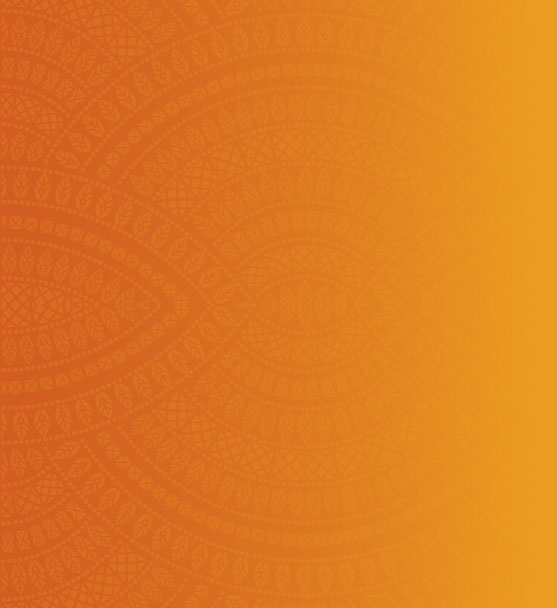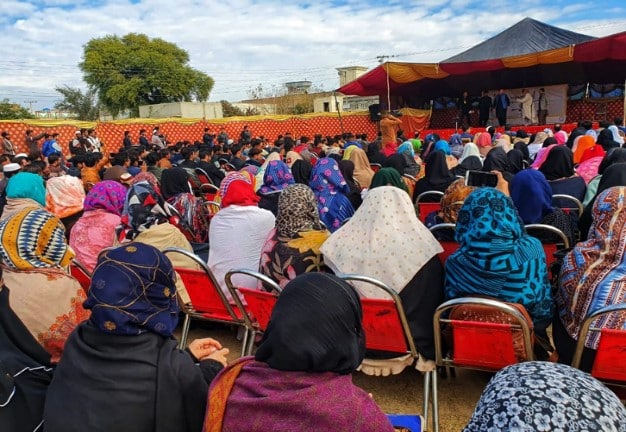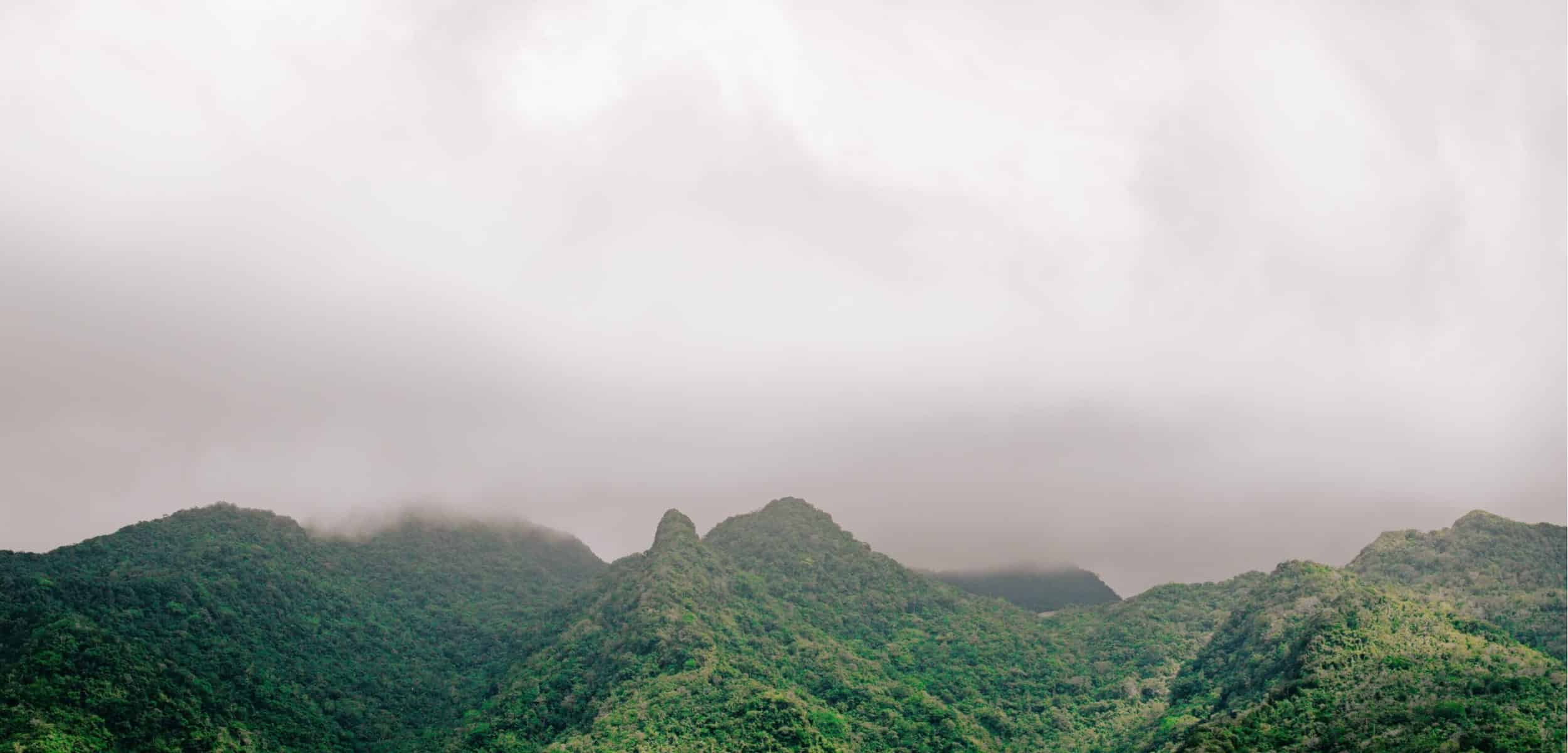

Promoting rights for minority women in Pakistan
We are promoting democracy, good governance, religious freedom, and human rights for minority women in Pakistan.

To be a woman in Pakistan is to live in constant risk of discrimination and violence. While certain regions have seen some progress, most women across Pakistan are held back from accessing the most basic human rights or the justice system. More than 1,000 girls and women are victims of “honor killings” each year, and a staggering 90% of the female population experiences domestic violence.
Moreover, discriminatory laws have led to widespread intolerance of religious minorities, relegating them to live as second class citizens whose rights are ignored by both the majority community and the federal government. Every year, thousands of women and girls from religious minorities, specifically in Sindh province, are kidnapped, forcibly converted to Islam, and married to their kidnappers. Overall violence against religious minorities has been on the rise since several clauses were added to the Pakistan Constitution, supposedly to thwart blasphemy and protect the Islamic authority. In reality, however, discrimination and violence against minorities affects minority women disproportionately.
EAI is helping to respond to these challenges and injustices by implementing the Faith-Based Women’s Rights Initiative. Using our award-winning multi-component approach, we are training and empowering women leaders from Khyber Pakhtunkhwa (KP), Islamabad, Southern Punjab, and Sindh to understand and advance women’s rights to religious freedom and equality.
Our approach drives systemic change by combining the power and broad reach of media with direct community engagement activities to produce a feedback loop. The loop incorporates the voices of those we are striving to support, ensuring our design is local and culturally relevant. By integrating local voices, our program is dynamic, nimble, and adaptive, so we can generate innovated solutions as new challenges arise, thereby ensuring sustainability.
Most of the participants represent key minorities, including Hindu, Christian, Sikh, and Shia. They are organizing and leading Listening, Discussion, and Action Groups (LDAGs) in their local regions, which foster and amplify activities to promote tolerance of minority rights and women’s equality.
The project is amplifying alternative messages through creative and engaging media campaigns in the KP region, Southern Punjab, Islamabad, and Sindh provinces via community theater, television documentaries, radio, and social media, with the goal of increasing the capacity of women and girls to advocate for their rights and amplify messages of tolerance and equality to decrease discrimination and violence against minority women.
Though the project has not ended, we are already seeing evidence that it will leave a lasting legacy in Pakistan and beyond. Among other activities, we will produce an advocacy toolkit that captures the lessons learned, key activities, and a messaging framework of the project to multiply the impact of the program design and enable leaders and activists to advocate for women’s right to religious freedom and equality.
Project Impact as of January 2020
- 40 women’s rights advocates attended three-day Leadership, Empowerment, Advocacy & Development (LEAD) Training sessions à advanced advocacy skills to be used in TV and radio shows
- 1,020 women and men (some from minority religions) participated in 100 Listening, Discussion, and Action Groups (LDAG) à increased community mobilization efforts; participants are spreading their messages beyond the original LDAGs into the community
- Following content advisory group meetings from a number of specialists, 68 live and recorded radio magazine shows and soap operas in Pashtu and Urdu on human rights, women’s rights, and minority rights were broadcast from several stations throughout the country, reaching approximately 3 million people. 870 minutes of programming we broadcast, including the voices of 79 individuals from sector specialists, civil society activists, artists, and youth leaders.
- 1,800 individuals attended three theater performances in Swat, Peshawar, and Karak in collaboration with educational institutions to engage students and teachers about women’s rights issues. 1,190 individuals participated in post-theater discussions. Theater audiences related the production with their real-life experiences and want to re-perform the plays in their own drama departments and clubs. An article was published in a major Urdu newspaper that brought up the issues discussed in the theater production.
- Program activities engaged 63,814 people (mostly youth) through media and technology, including 20,000 via radio, 945 via SMS/call-ins, 49,667 engagements on Facebook, and 1,187 engagements on Soundcloud.
- 40 religious leaders and women’s rights activists were engaged in two roundtable discussions in Peshawar to exposure promotion of interfaith harmony, religious freedom, and women’s rights.